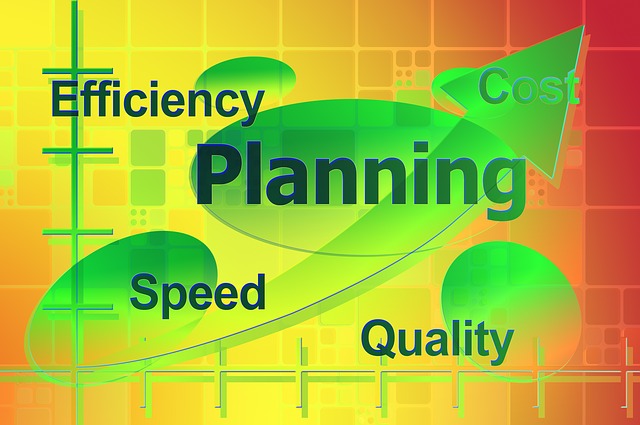Efficiency vs Effectiveness
Efficiency and Effectiveness are terms that are often confused in their meanings and connotations, even though there are differences between them. Efficiency is typically used to mean ‘competence,’ while effectiveness is used to mean ‘usefulness.’ Understanding the distinction between these two terms is essential in daily life, particularly in business and professional environments, where they are frequently used in discussions about employee performance, machinery, and business plans.
What does Efficiency mean?
Efficiency refers to competence. Consider the following two sentences:
– The efficiency of the procedure is lauded by one and all.
– He has shown a lot of efficiency in his singing.
In both cases, the word efficiency is used to mean ‘competence.’ “Efficiency” is a noun, and its adjectival form is ‘efficient.’ Describing someone as efficient is considered a compliment, as it implies that the individual is well-organized and competent. It’s worth noting that the word efficiency is often followed by the preposition ‘of.’
What does Effectiveness mean?
Effectiveness is used to mean ‘usefulness.’ Consider the following two sentences:
– The effectiveness of the medicine is realized.
– You will have to understand the effectiveness of HTML.
In both cases, the word effectiveness is used to mean ‘usefulness.’ “Effectiveness” is a noun, and its adjectival form is ‘effective.’ Like efficiency, effectiveness is also often followed by the preposition ‘of.’ The term is sometimes equated with ‘efficacy’ in terms of meaning.
What is the difference between Efficiency and Effectiveness?
- Efficiency is used to mean ‘competence,’ while effectiveness is used to mean ‘usefulness.’
- The adjective of efficiency is ‘efficient.’
- The adjective of effectiveness is ‘effective.’
- Both efficiency and effectiveness are often followed by the preposition ‘of.’
- Effectiveness is sometimes equated with ‘efficacy’ in terms of meaning.
These are the differences between efficiency and effectiveness.
